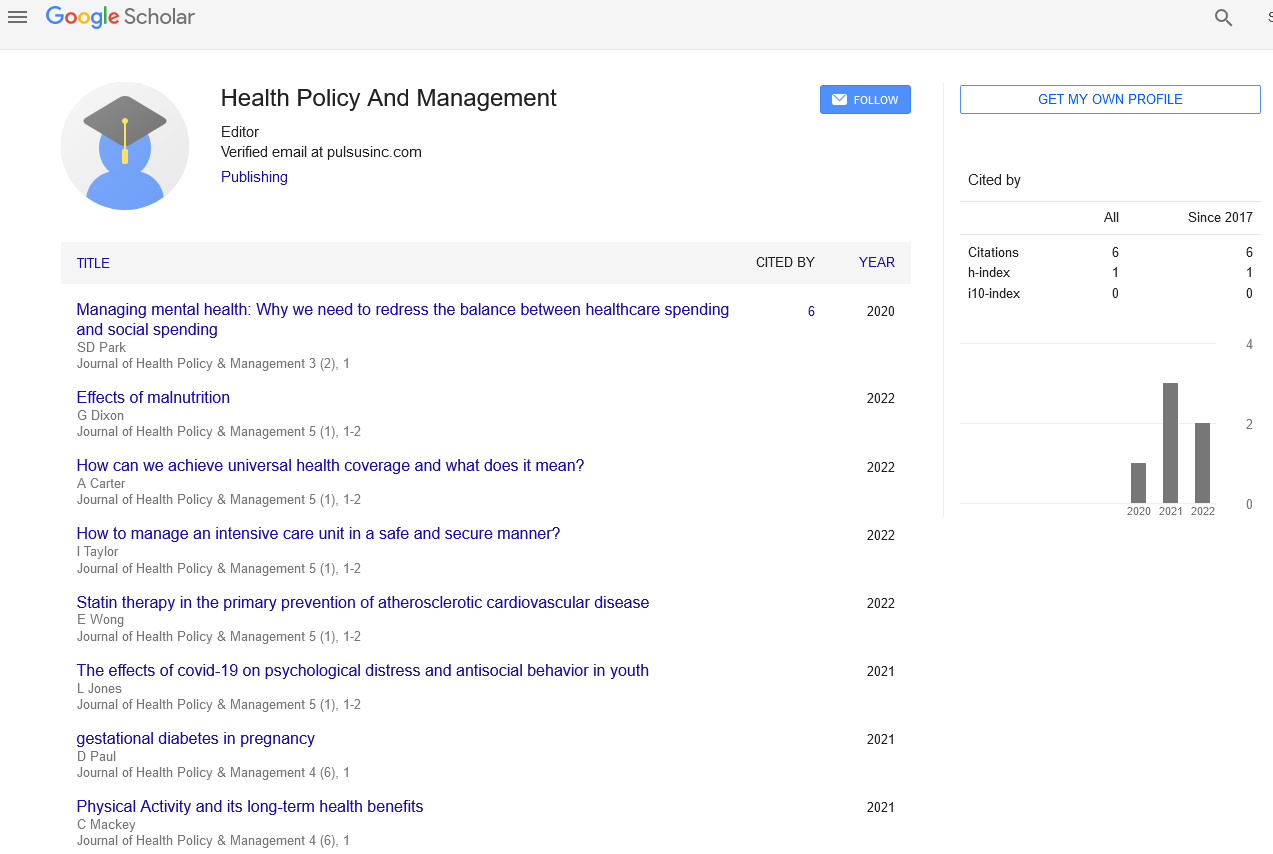
Sign up for email alert when new content gets added: Sign up
And when I die: Theory of planned behavior as applied to Sperm Cryopreservation
8th INTERNATIONAL CONFERENCE ON GLOBAL HEALTHCARE
May 10, 2022 | Webinar
Limor Dina Gonen
Ariel University, Israel
Posters & Accepted Abstracts: Health Pol
Abstract :
The present study investigates fertility intentions of men, aged 18–59, as expressed in willingness to cryopreserve sperm for future use in procreation. An economic stated-preference framework is combined with the Theory of Planned Behavior (TPB) to investigate which attributes are important in the decision to cryopreserve sperm, what is the Willingness to Pay (WTP) for cryopreservation, and which attributes influence it. A structured, two-part questionnaire was used, based on WTP and Conjoint analysis (CA) applied in tandem to elicit respondents’ preferences in evaluating utility. Findings show which attributes are important in the decision to cryopreserve sperm among them Risk of Infertility, Personal monthly income, Chance of pregnancy from frozen semen, Age and what are significant predictor variables for the WTP which are Personal monthly income, Importance of the risk of infertility, Initial registration fee to sperm bank and cryopreservation, and Degree of religious observance. The findings further demonstrate that respondents value sperm cryopreservation and have a positive WTP for it as it seems to contribute to improving well-being. As a result of these findings, governments should consider state funding for cryopreservation as part of national health policy.
Recent Publications :
1. Martins, A.D.; Agarwal, A.; Henkel, R. Sperm cryopreservation. In Vitro Fertilization; Nagy, Z., Varghese, A., Agarwal, A., Eds.; Springer: Cham, Switzerland, 2019.
2. Ravitsky, V.; Kimmins, S. The forgotten men: Rising rates of male infertility urgently requires new approaches for its preservation, diagnosis and treatment. Biol. Reprod. 2019, 101, 872–874.
3. Preložnjak, B. Is it legitimate to limit the procreative right? InterEULawEast J. Int. Eur. LawEcon. Mark. Integr. 2020, 7, 89–99.




